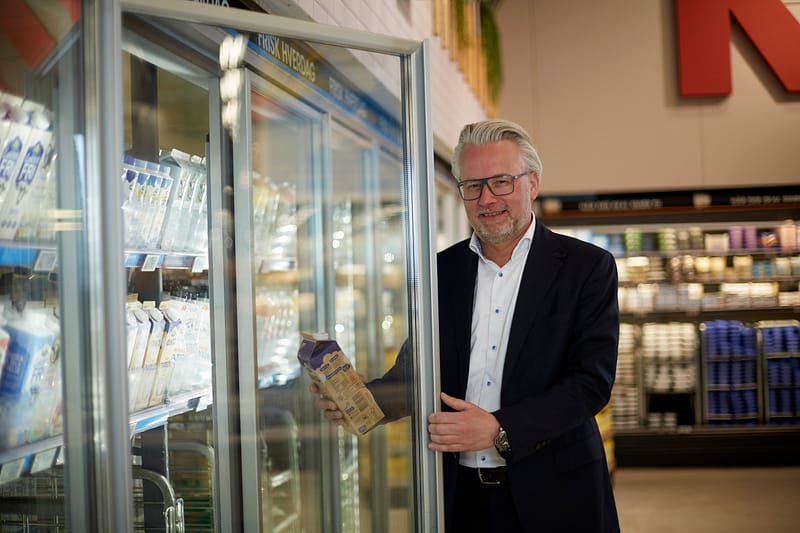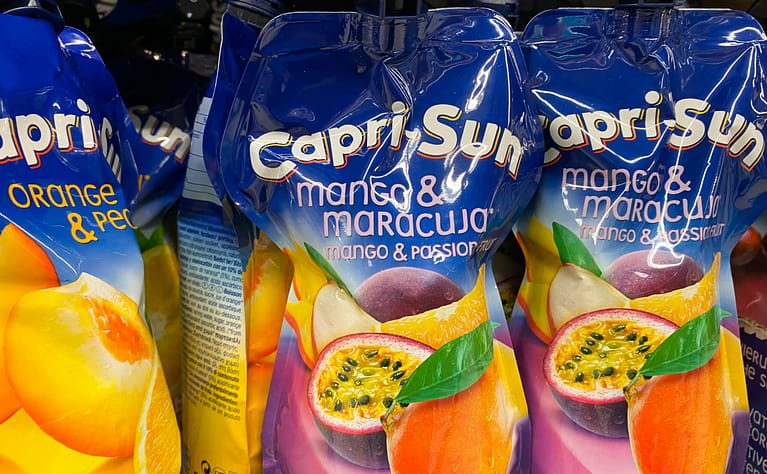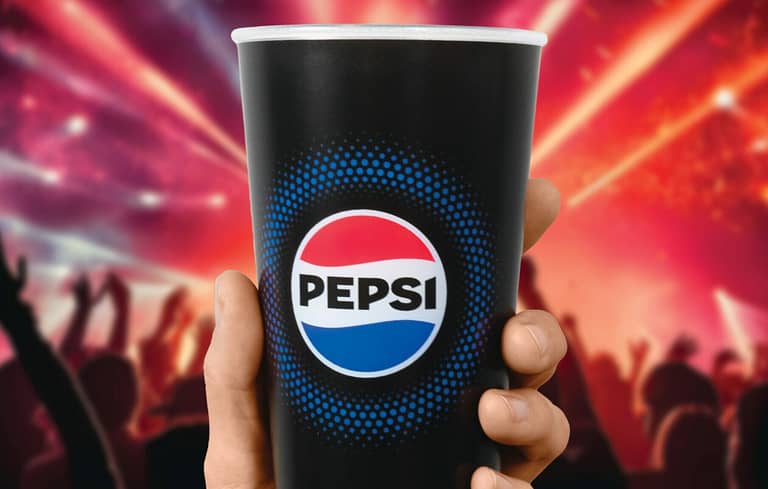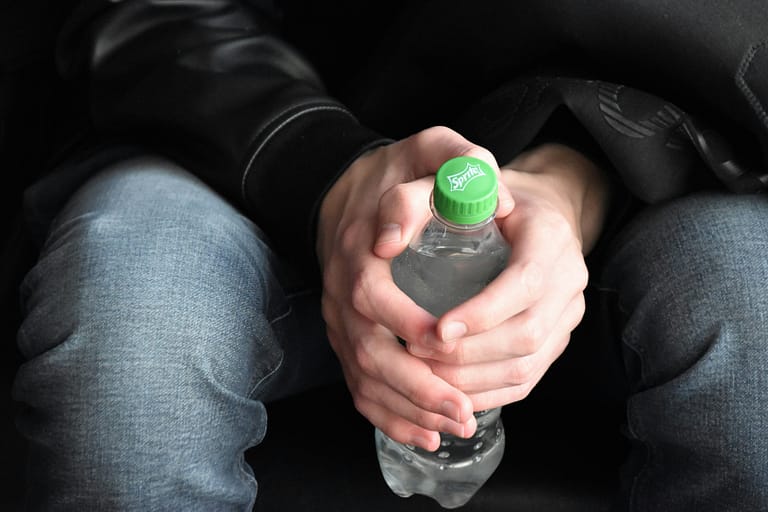Source: Arla Foods
Arla banks on bio-based beverage carton and recyclable plastic in yogurt cups.
The volume: 1 billion units of packaging
Thomas Reiner | 02.07.2019
There have been many announcements and initial lighthouse projects in the past – but now the steps towards a cycle future are getting bigger and faster.
By the end of the year, the dairy cooperative Arla Foods intends to convert more than 1 billion units of packaging across Europe to become sustainable. Specifically, the step concerns
- 600 million units of fresh milk packaging and
- 560 million cups.
According to the company, the measures should save a total of 7,330 tonnes of CO2 emissions.
When it comes to the beverage carton for the fresh milk packaging, Arla relies on bio-based material. Instead of the previously petroleum-based plastic, one turns to plastic from sugar cane or wood waste. Arla says the milk packaging will be 100 percent renewable. Compared to the previous packaging, CO2 emissions can be reduced by 25%.
The yoghurt and cream cups are converted from non-recyclable to recyclable plastics. Substantial recycling is possible – if the recycling systems of the respective country make this possible.
Measures in six countries
The new packaging will be available to consumers by the end of 2019 in the manufacturer’s six main European markets – Sweden, Denmark, Finland, the Netherlands, Germany and the United Kingdom. In Germany, milk packaging will only follow in 2020.
CO2 neutral by 2050
The changeover is part of the new corporate strategy for sustainable packaging. Arla has announced that it will achieve a 30% reduction in CO2 emissions by 2030.
Emissions attributable solely to packaging are expected to be reduced by around 8,000 tonnes of CO2 annually.
By 2050, the entire portfolio of the cooperative should be CO2-neutral.




